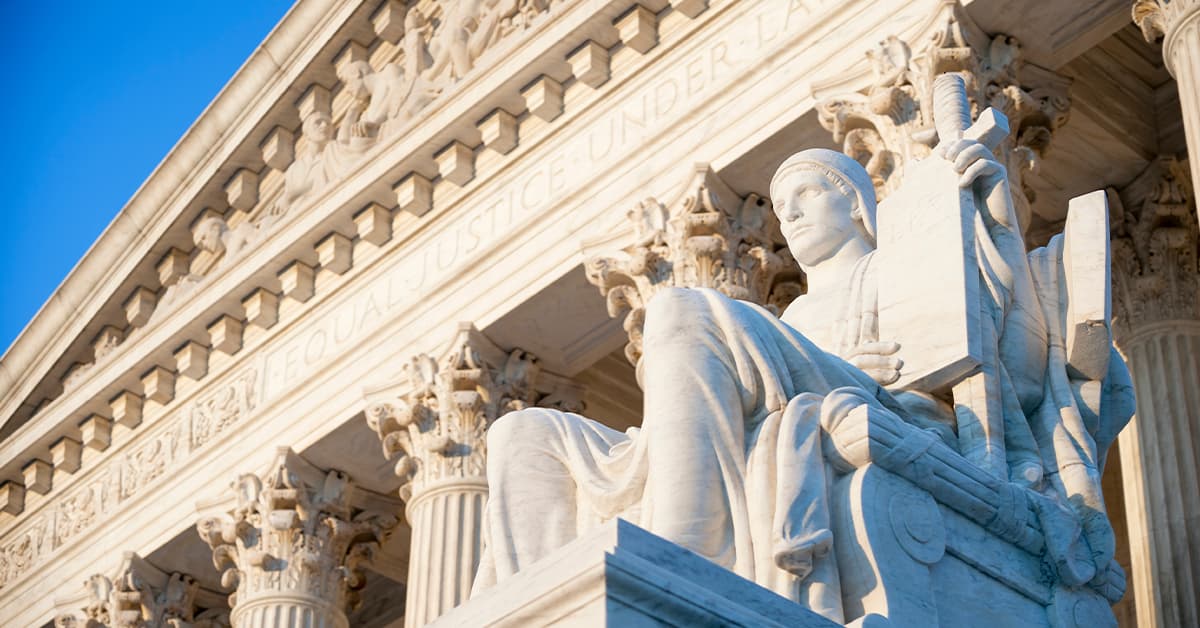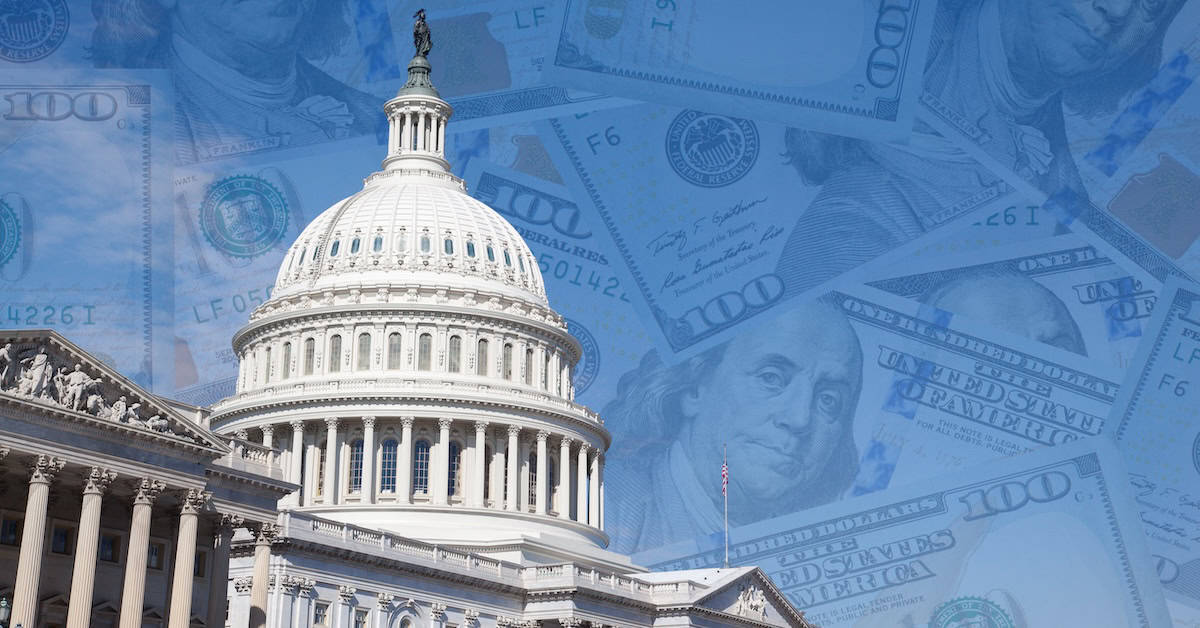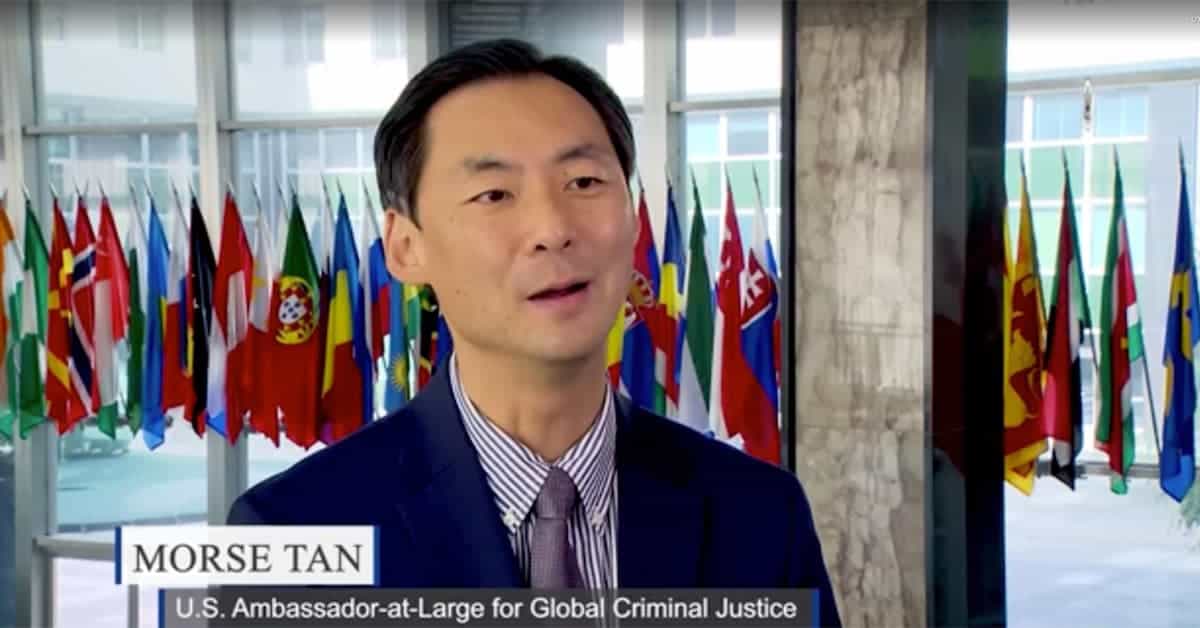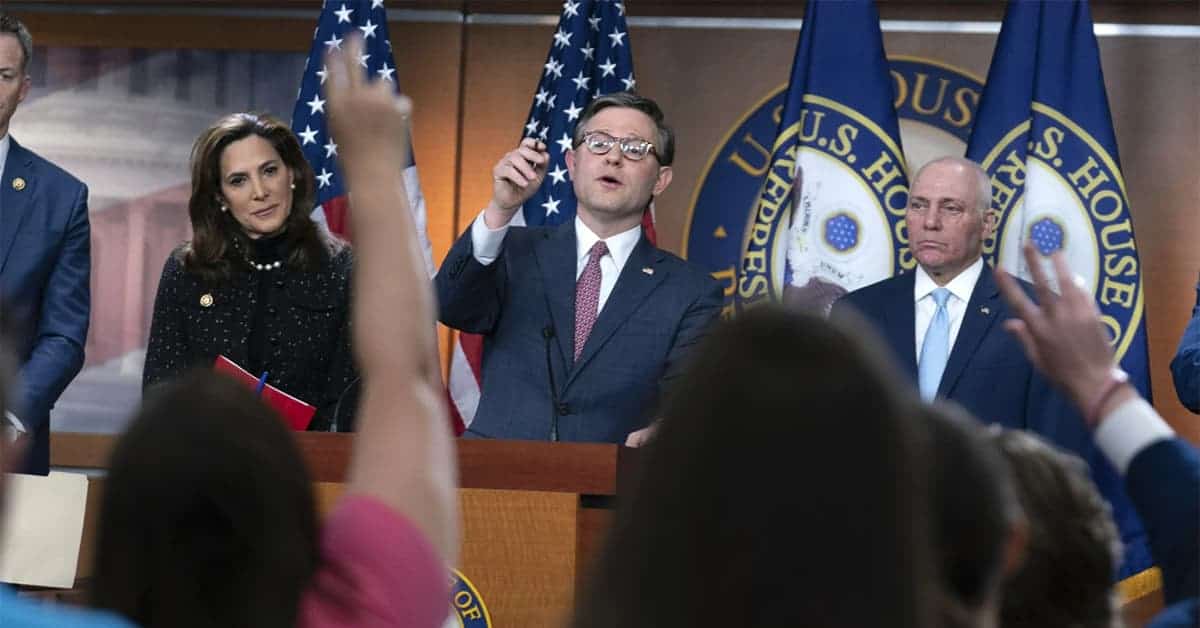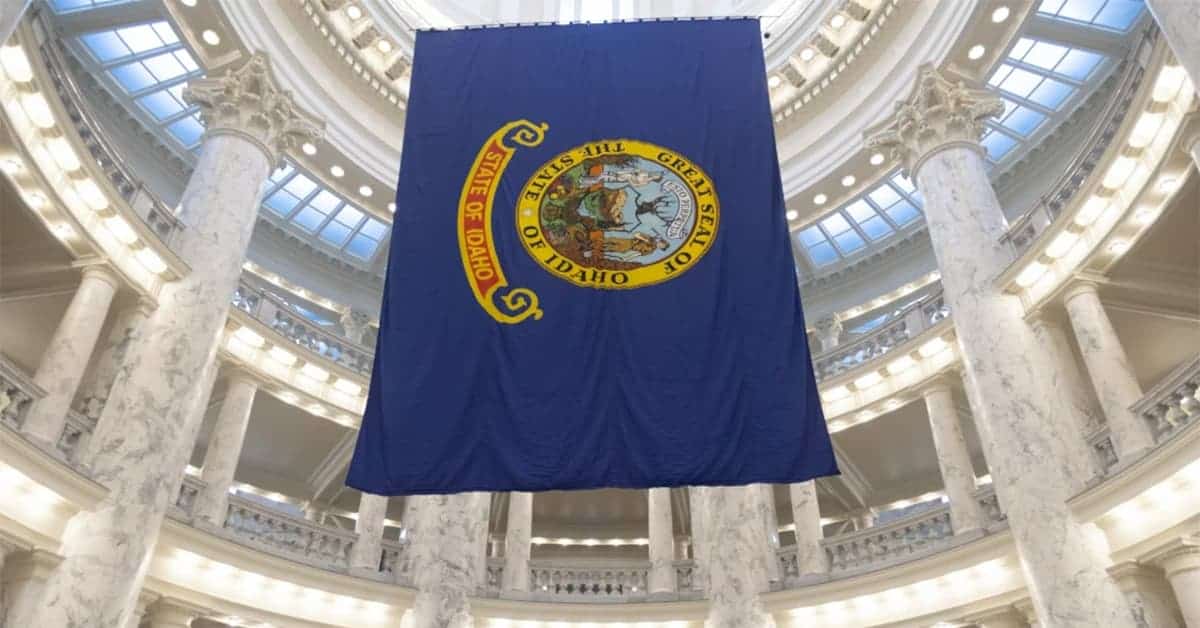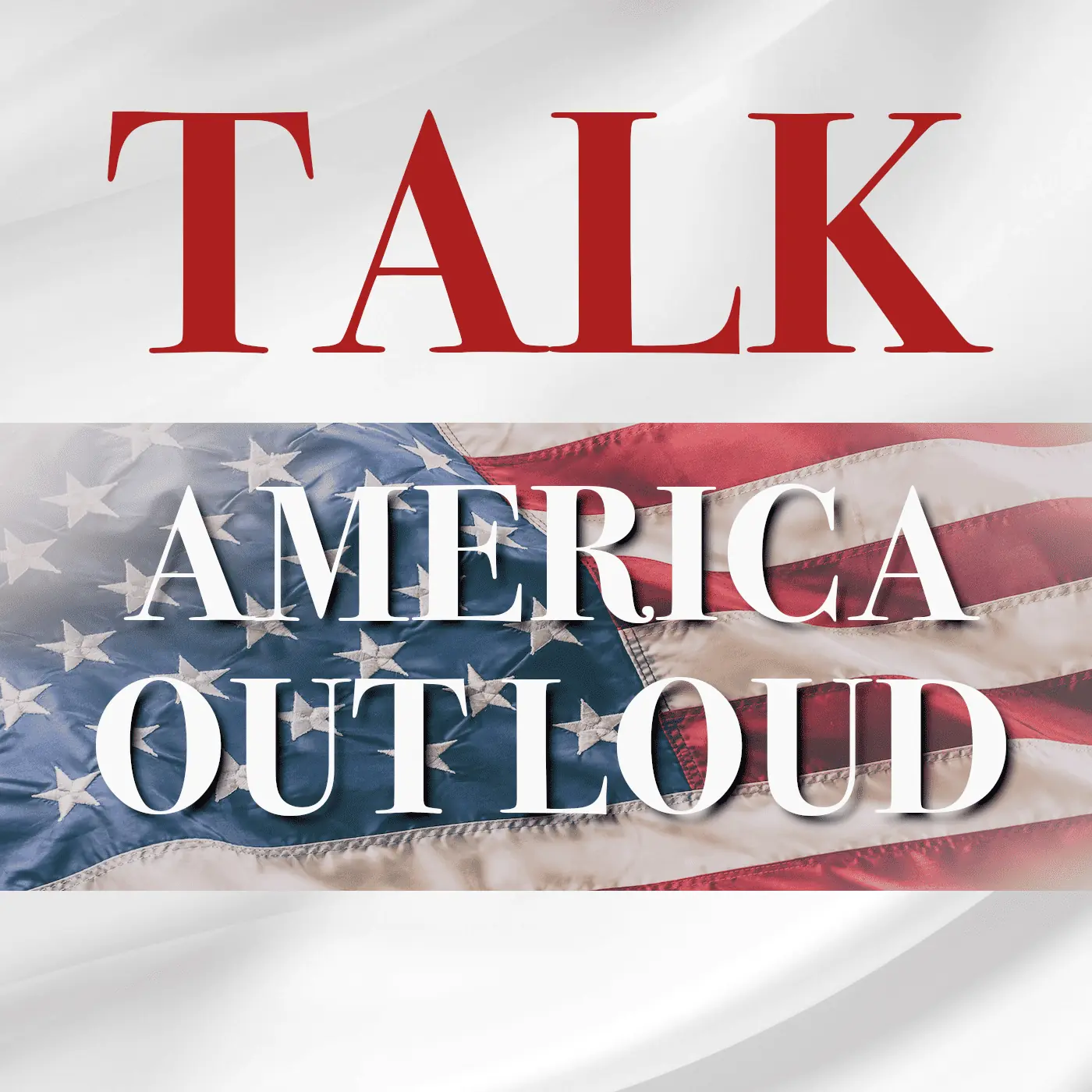Many of our greatest American cities face ruinous economic and social futures with no thanks to disastrous progressive leadership policies that exacerbate impacts of coronavirus-accelerated telework migrations to suburbs, business closures and criminal lawlessness.
Previous nationwide metropolitan growth had already begun to wane near the end of the last decade, while it stayed strong in the smaller cities and suburbs which afforded better schools, less expensive housing, lower taxes, and less crime.
Last year, suburbs grew twice as fast as cities.
Such trends are profoundly influencing and redefining many key metropolitan roles and attractions from their earliest beginnings as centers of commerce, culture and entertainment. For some, their reason for being is disappearing as extended and uncertain lockdowns drain away energy, charm and financial promise, replaced by a new culture of civil mayhem, protest and unchallenged rioting, looting and carnage.
Most particularly, many who can afford to are fleeing major Democrat-run cities. This rapid exodus portends serious consequences for other municipalities that fail to learn from their inept codes of governance.
Speaking at an Aug. 8 press conference, New York Gov. Andrew Cuomo said, “I literally talk to [wealthy] people all day long who are now in their Hamptons house who also lived here, or in their Hudson Valley house or in their Connecticut weekend house, and I say, You got to come back, when are you coming back?”
Gov. Cuomo added in jest, “We’ll go to dinner, I’ll buy you a drink, come over, I’ll cook.”
The governor’s comments came as state legislators and some New York lawmakers in Washington called for him to adopt a billionaire’s tax which he has vehemently rejected because the richest 1% already pay half of the city’s taxes.
The wealthy aren’t the only ones who are leaving.
Months of pandemic shutdowns and protests have compressed many years of progressive economic business and lifestyle ruin by liberal domination of major cities into endlessly tragic scenes which have further broken their spirit. Included, are Minneapolis; Manhattan; Portland, Ore.; Seattle; Chicago; Los Angeles; San Francisco; Philadelphia; and Washington, D.C.
Conditions continually worsen as progressive prosecutors refuse to prosecute; and police hold back because progressive mayors and governors don’t have their backs.
Blue state and city fiscal mismanagement has produced torrentially ever-increasing taxes and budgetary shortfalls that will make recovery a distant vision. Conditions can only become more dire as Democrat-mandated business shutdowns leaving massive numbers of people either unemployed or working from home are draining operating budgets and prohibiting existing debt repayments from many vital revenue sources.
Included are sales, income, real estate and gasoline taxes, bridge and tunnel tolls, airport fees, and public transit fares.
After receiving a $3.9 billion federal bailout in May, New York City’s transit authority, the largest in the nation, is now seeking $12 billion more.
And New York state is freezing hiring, pay raises, and new contracts -plus holding back one-fifth of payments that had been earmarked for local governments, health care, K-12 schools and higher education, transit systems, and payments to nonprofits contracted to provide foster care.
The multi-billion-dollar question now is how many municipal bond issuers — states, cities and others — won’t be able to repay investors. By law, states can’t go into bankruptcy, although Arkansas defaulted on its debts in 1933. Last May, Fairfield, Alabama, a suburb of Birmingham, became the first city to declare bankruptcy since Detroit in 2013.
Some states and cities are doing a lot better than others, and uncoincidentally, the winners and losers tended to occupy opposing sides of the partisan divide.
Barron’s asked Eaton Vance (a major muni investor) to prepare a comparative financial creditworthiness ranking of all 50 states based upon financial and economic data taken from the past fiscal year ending in June 2019.
The assessments for each included debt levels, pension liabilities, health care obligations, and economic metrics.
Eaton Vance then also provided some additional updated data to factor in projected influences of the COVID-19 period which included estimated budget shortfalls, unemployment rates and available rainy day funds.
Barron’s reported that despite the age of the basic data, the results closely tracked each state’s current bond ratings by Moody’s and S&P.
All eight of the top-ranked states had Republican governors.
In scoring order: Idaho had experienced strong revenue growth; Wyoming had the largest rainy day fund; South Dakota combined good reserves and strong budget management; Utah had strong historical job and population growth; Nebraska had the lowest overall debt as percent of GDP; North Dakota had strong reserves; Tennessee had good operations and well-funded pensions; and Iowa had a very low debt burden.
Virginia, with a Democrat governor, followed in ninth place thanks to a resilient economy bolstered by the second-largest federal employment base, with Minnesota, also Democrat, in 10th.
Farthest at the other end of the rankings are Democratic Illinois at the very bottom, along with second worst rated New Jersey.
Moody’s Investors Service analyst Ted Hampton attributes the Illinois triple-B-minus rating – the lowest investment grade – to the state’s large unfunded pension liabilities, a “chronic unpaid bill backlog,” and a pitifully small $4 million rainy day fund.
After recently borrowing $1.2 billion from the Federal Reserve, Illinois has received authorization to borrow $5 billion more.
Similarly, runner-up for ranking of top fiscal mismanagement disaster, New Jersey, has one of the country’s worst-funded state retirement plan liabilities. In addition, the state’s $421 million rainy day fund – just one percent of its annual revenue – pales in comparison with number one ranked Idaho’s at 11.5%.
Following Illinois and New Jersey (worst to better), are Democrat-run Kentucky (poorly funded pensions), Pennsylvania (weak reserves and employment), Rhode Island (weak reserves and large pension obligations), Connecticut (highest debt per capita), and Louisiana (weak economy but strong pre-pandemic performance).
Moody’s has slapped negative outlooks on muni ratings for four Democrat-run cities since the pandemic began. Las Vegas (rated double-A) and Honolulu (rated double-A-plus) were both hit by losses to tourism. San Francisco (triple-A) and New York (double-A-plus) are experiencing deterioration of their tax bases as businesses and populations leave.
To be clear, the decline of any of our great American cities is a tragedy not only for their residents, but for our entire nation. Full recovery from the coronavirus pandemic will depend upon the economic health and social wellbeing of all states and cities – irrespective of political governance – which collectively contribute about 20% of our nation’s gross domestic product.
Nevertheless, the one thing we cannot afford to do is shield states and cities from terrible consequences of their own bad budgetary decisions over past decades.
In fact, the opposite is true. It’s irresponsible and reckless to take money from America’s taxpayers and use it to save generations of liberal politicians from the consequences of reckless spending.
And while we can all be confident and grateful that disruptively painful impacts of this viral pandemic will pass, ending the self-inflicted pain of government mismanagement is far less certain.
The timetable for that occurrence is entirely up to each of us.









